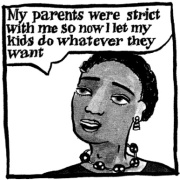 Books
Books
There are twelve books in the Parenting Skills Online series. Register with Parenting Skills Online and you can download the first book, ‘Being a Parent‘, completely free of charge.
Illustrations by Jessica Mahony and Cathy Balme
Each of the books has been beautifully illustrated by Jessica Mahony (jessicamahony@hotmail.co.uk), while the website illustrations have been professionally drawn by Cathy Balme (cathybalme@btinternet.com). Parenting Skills Online is extremely grateful to Jessica and Cathy for their unique work in this production.
COMING SOON…
Parenting Skills Online is going audio! If you’d prefer to listen to the e-books, you can choose this option very soon. In the meantime, you can download Book 1, Being a Parent, as an audio version FREE right now!
Book 1 – Being a Parent
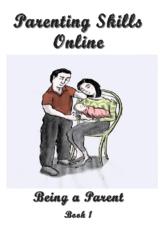
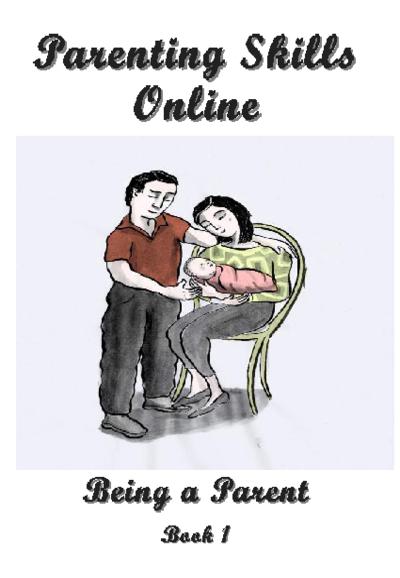
We do the best we can with what we have available but we need to be aware of what we are doing in terms of listening to our children, allowing them to express their feelings and acknowledging them. This enables them to become self-sufficient adults with high self-esteem, capable of good decision-making throughout their lives.
We look at the pitfalls of parenting, whilst understanding the need to encourage children to take responsibility and make their own decisions. We give a gentle reminder that our roles change as parents as our children grow older.
You’ll also be introduced to Building Bridges, which are activities which you can do alone or with your children and other adults in the family. Practice makes perfect and these exercises will help reinforce the content of the books. Some of them are thought-provoking and may stir up memories from your own childhood but without doubt, they will increase your awareness.
Book 2 – Feelings
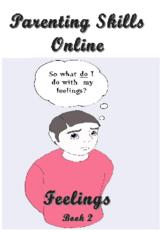
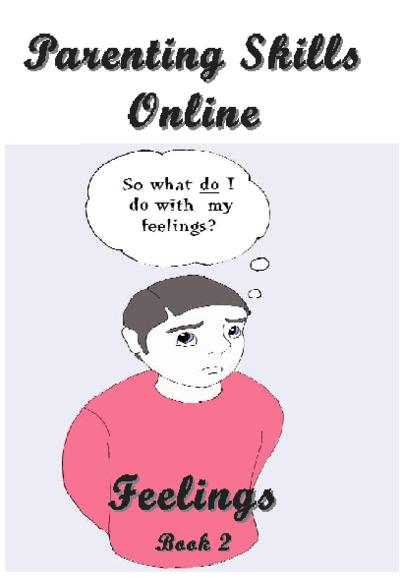
A lot of us were told these phrases, and many similar ones, when we were children and assume that it’s alright to repeat them parrot-fashion to our kids. If our feelings are not acknowledged, we can feel disrespected and dishonoured and, in some cases, feel really bad about ourselves. Furthermore, we learn not to trust our feelings, which are vital to our survival in the world.
In Book 2, ‘Feelings’ teaches us that it is alright to express our feelings and children should be encouraged to do so, and as adults, so should we. It’s also a book that gets us to value ourselves and how to do that.
Book 3 – Labels
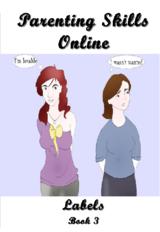
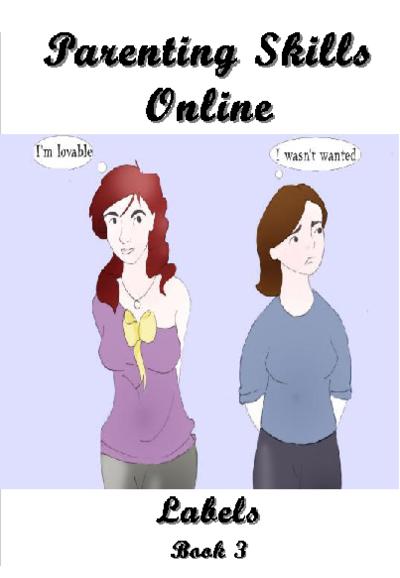
It is far more useful to describe the unacceptable behaviour than ‘label’ a child ‘good’, ‘bad’, lazy’, ‘clumsy’, etc, which do nothing to tell the child what he/she has done wrong. Labelling a person can make them feel hurt and resentful and even less likely to change the behaviour or be more co-operative. Also children trust and believe their parents and if they are given the same labels for long enough, they become more ‘good’, ‘bad’, lazy’, ‘clumsy’, etc to fulfil our expectations of them.
This book explores ways of getting the message across without criticising and making a child feel insignificant.
Book 4 – Whose Problem Is It?
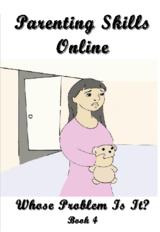
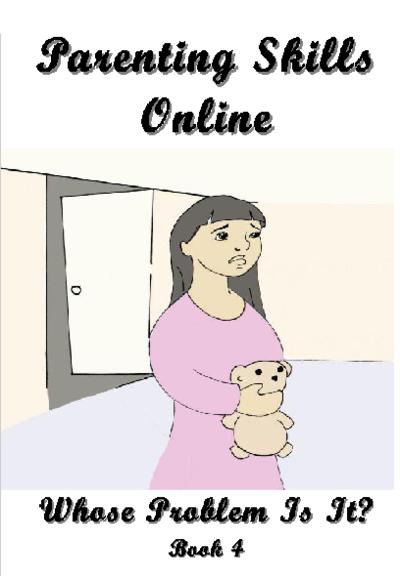
For people who don’t get their needs met, they may resort to more extreme behaviour. While there’s nothing wrong in wanting your needs met but the behaviour can become undesirable or inappropriate and this can be seen negatively.
So it’s more useful to look at the behaviour in terms of whether we find it acceptable of unacceptable. In that way we are not labelling the child or the behaviour but looking at our own needs at the time. ‘Whose problem is it?’ teaches you how to identify who’s needs haven’t been met and how to deal with such situations.
Book 5 – Being a Helper
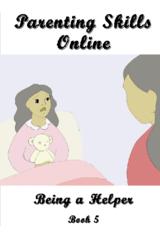
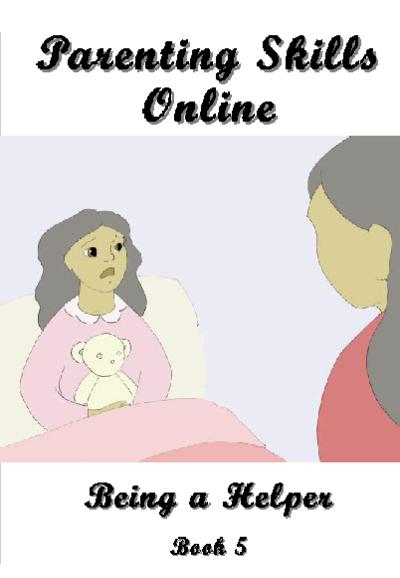
As we show acceptance, it’s important to trust that our children can help themselves and may just need a little assistance to do so. Being straight, consistent and congruent is another essential ingredient so the child knows where they stand and to do this, communication needs to be clear and honest. This book really moves towards building a relationship as an ally to your child in their time of need without having to solve their problems for them.
Book 6 – Introduction to Listening
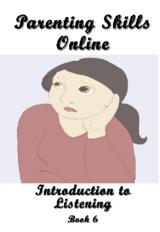
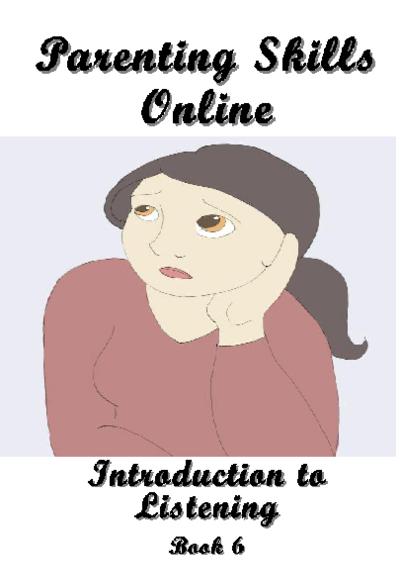
Someone who encourages us to express our feelings is a person we’d find more understanding and helpful. Having feelings acknowledged has the effect of helping us to actually let go of them and move onto whatever is lying underneath. This in turn, enables us to become clear and solve our own problems and is something that children need to learn to do.
Book 7 – Reflective Listening 1
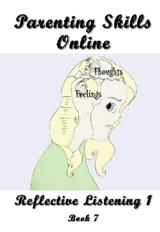
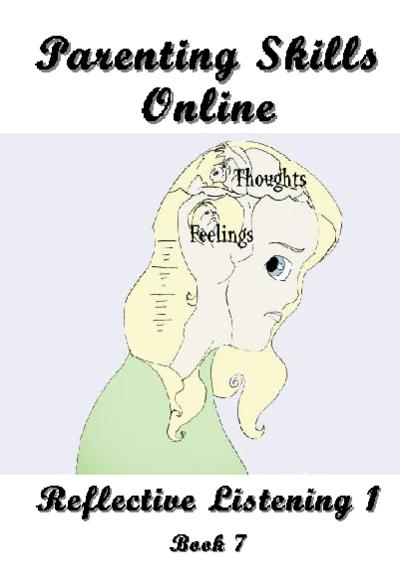
Reflective listening helps you check with the speaker to make sure you’ve really heard and understood what they meant. It also gives them a feeling of safety in being understood and allows them to continue speaking to explore the problem further.
People in the counselling professions are taught to look beneath what is called the ‘presenting problem’ and reflective listening allows the speaker to open up and trust that their disclosures will not be judged in anyway. Book 7 is the first of two books which teaches you to become an expert listener and is extremely useful, not just with your children but with friends and family too.
Book 8 – Reflective Listening 2
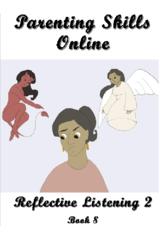
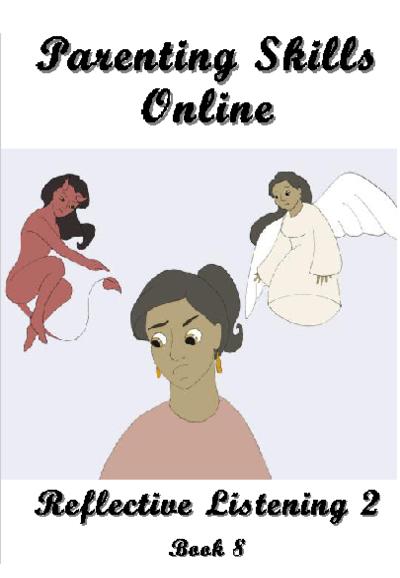
Sometimes we resort to criticising, labelling, diagnosing, praising, advising, diverting, being logical or reassuring. However these methods do little to make the person feel understood.
Book 8 explores patience and the tone of voice we use when trying to help people, and also, to be aware when not to use reflective listening. Primarily, those times are when your own needs have not been met or you’re too involved in the problem yourself.
Book 9 – Needs and Wants
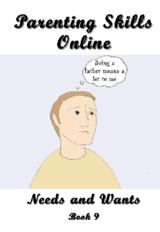
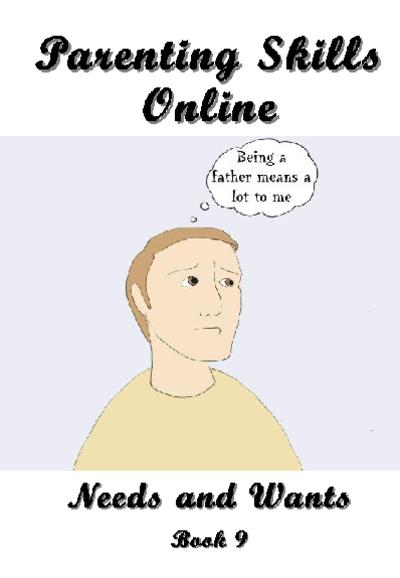
We all have basic needs to love and be loved, to laugh and play, to have peace, quiet and safety, and to be respected, valued and cared for. Everyone’s needs are 100 percent important and there are ways to get everybody’s needs met without anyone losing out.
Behaviour to get needs met is learned unconsciously from our parents and other adults around us. Very broadly speaking, this behaviour usually falls into two categories; behaving submissively or aggressively. The more desirable behaviour is to be assertive.
Book 10 – Sharing my Feelings
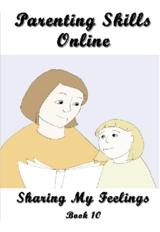
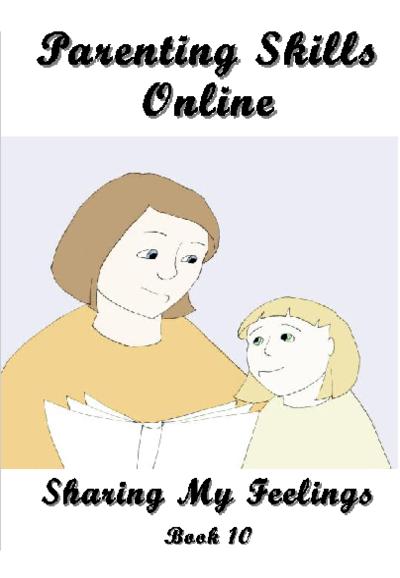
Although we yearn for closeness in our relationships, we are taught not to trust people; ‘don’t talk to strangers’ we remind our children. Young girls learn to be suspicious of young men in case they ‘only want one thing’ and boys are taught not to express their feelings, which alienate them from each other.
Basic relating skills, like communicating our feelings with openness and honesty, and valuing our own and others’ needs, could be considered basic survival skills. Book 10 enables you to examine and practise these skills.
Book 11 – Challenging
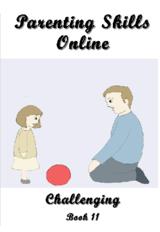
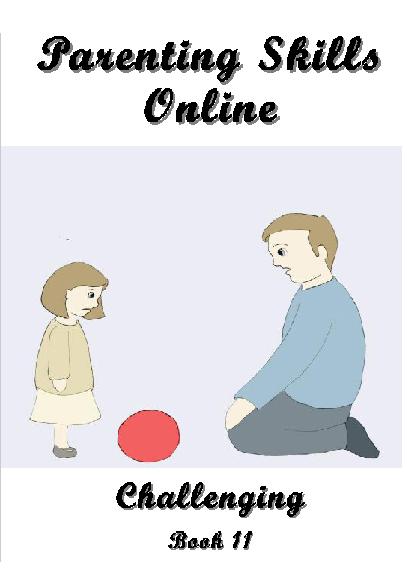
There are four steps to encouraging co-operation; describe the offending behaviour, state the effect it has on you, tell them how you feel about that effect on you and ask them to help you with solving the problem.
When you behave congruently, your children will learn to do the same; it’s all in the style of communication. Book 11 also explores the hypnotic effect of language.
Book 12 – Being Firm and Gentle
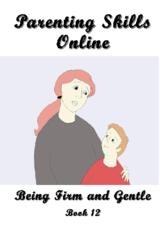
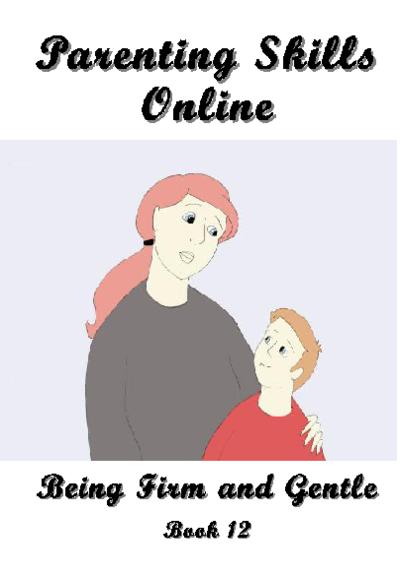
When all else fails, you can save energy with the ‘soft no’. This skill can be used when you really don’t want to negotiate and you just want them to do as you ask. This can be used in potentially dangerous situations or when you’re just too tired to be bothered.
Finally, we conclude with reaching agreements with your children and then making sure they stick to them. This could be regarding simple issues such as leaving lights on, to more serious things like coming home later than agreed.
